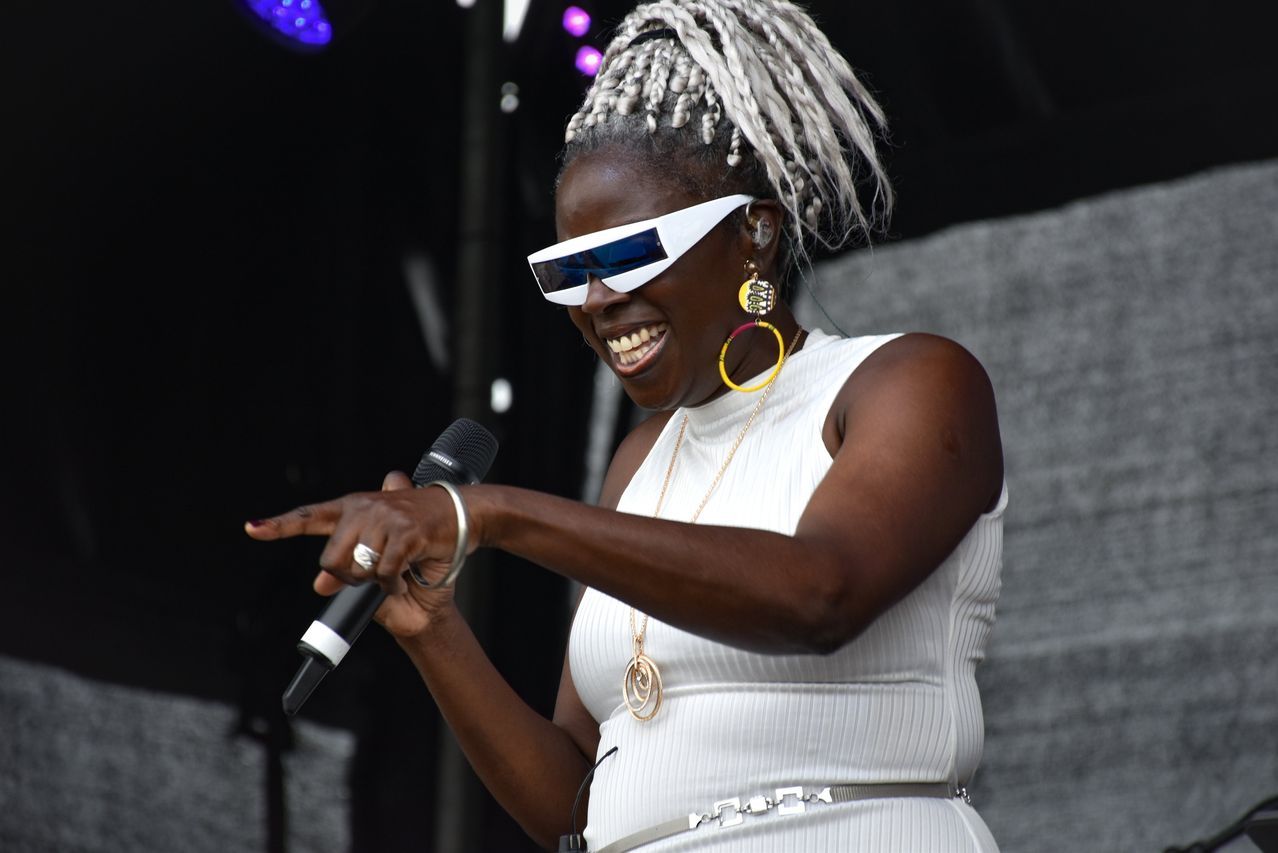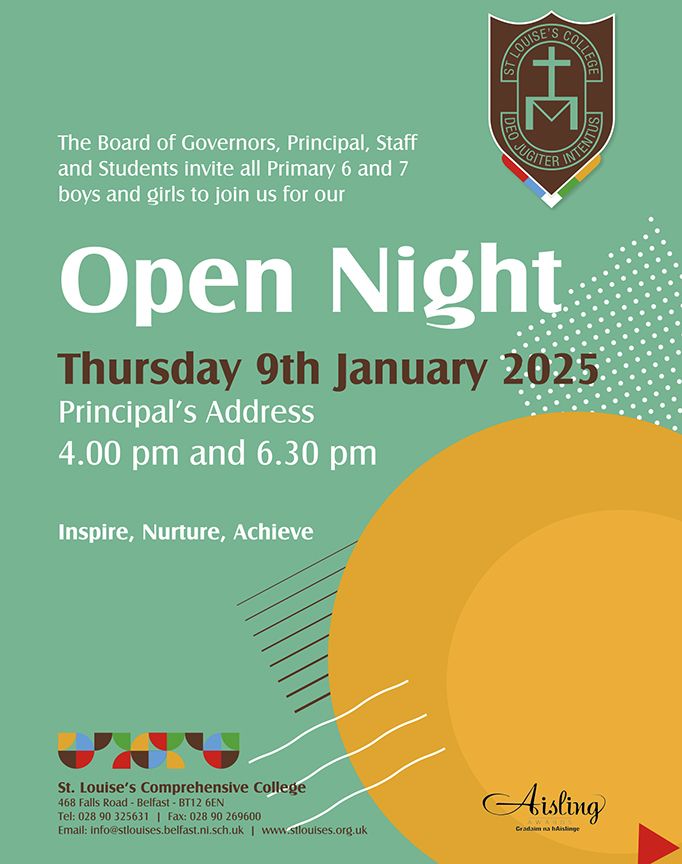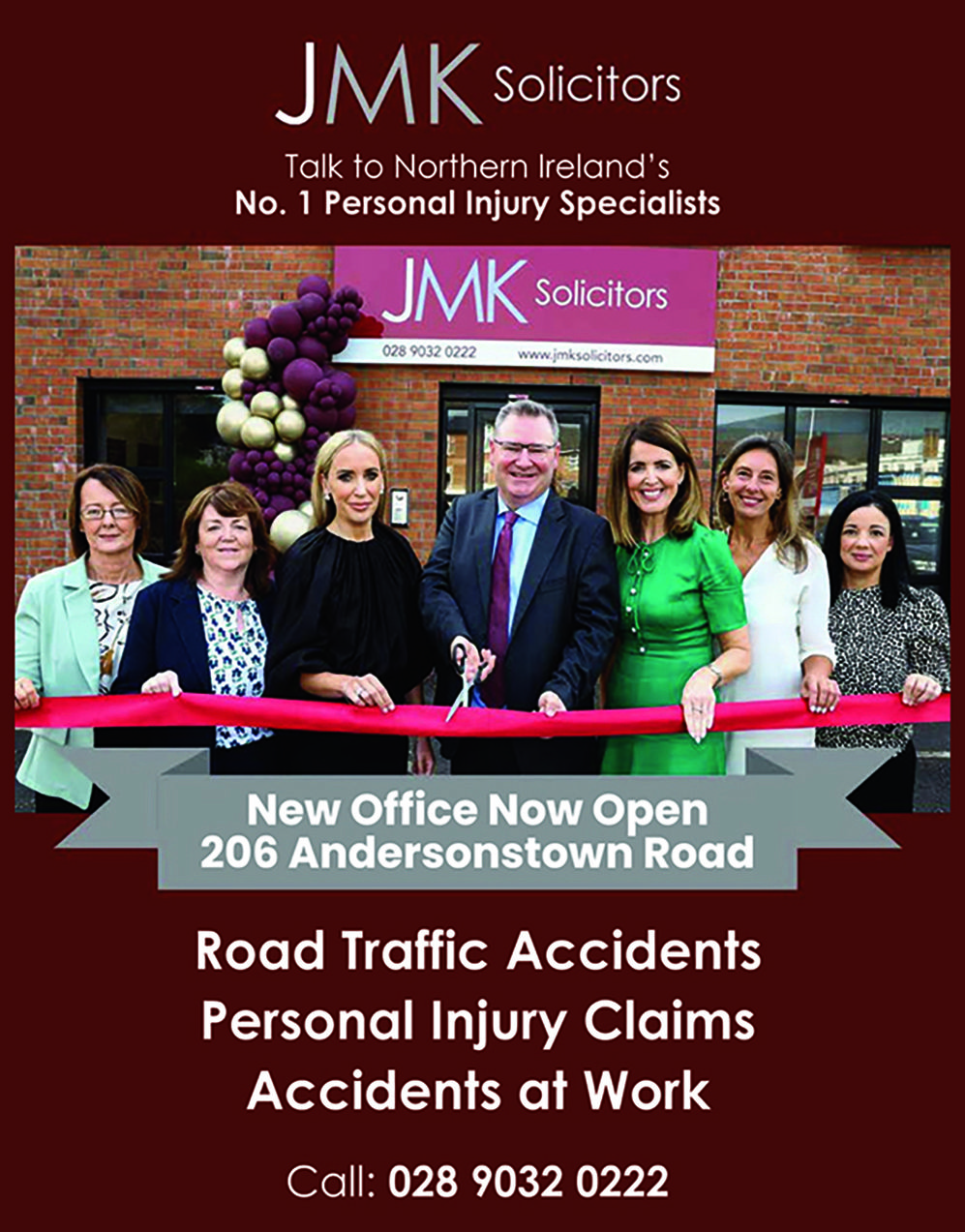SITTING in St Matthew's, the only shamrock-shaped church in Ireland (on the Woodvale Road, would you believe?), for an inter-church Ash Wednesday service I was considering was it the ultimate cross-community experience?
The woman sitting beside me had seen an invitation in Clonard and wondered if she would feel uncomfortable. But with a veil over her head and ashes already on her forehead from earlier in the day, she was surprised by how normal it all felt. Afterwards she joined others at the side of the church for tea, biscuits and a chat.
As the city of Belfast changes, we all benefit from the people who start festivals or try to get different activities going in the city. Stepping over the threshold of an old Masonic hall in South Belfast, it was a surprise to find it's called the 5th Element, dedicated to all things hip-hop. David and Siobhan Brown, the husband and wife team who set up Soultrane, the first Music of Black Origin (MOBO) festival in Ireland, were hosting a introductory workshop on why they are starting the festival. Two of the headline performers – Randolph Matthews and Nesha Nycee – talked about their kind of music-making before demonstrating their lyrical styles.

Siobhan has been in Belfast for thirty years having met her local husband when he was a mod in London. It's only in the last five years she has felt really at home here and as Ireland has become more diverse. Last year they visited 'Love supreme' in Brighton a MOBO festival which 20,000 attend with six marquees and an extensive line up of artists. Food, fashion and ambiance all contributed to making a memorable experience and at the end of the festival the couple thought ' We have to do this back in Northern Ireland'.
They want to help people enjoy the multicultural experience of love and joy that can be found in such a gathering and they want local people to get used to being among Black people enjoying themselves. David was asked about why there has not been such a gathering before and he thought it was something to do with people locally being quite reserved and perhaps not wanting to be accused of 'cultural appropriation'. He said that although he sometimes felt down, he found as a DJ he cannot be depressed around soul music – it lifts his mood and helps him on his way and as an old mod he has quite a playlist. It's the metaphysics of music working its magic
Randolph Matthews – a jazz vocalist and singer-songwriter over from London to perform at the festival – gave us a run-down on different styles of soul and said: "Soul music found me, and I just happen to be Black."
Nesha Nycee, a hip-hop artist straight from Atlanta, spoke of the support system in that city with the infrastructure to support artists like her. Her impromptu rap energised the event and the following day she took to the stage of the Mandela Hall and held it with such rapture it was hard for larger bands to follow her.
https://t.co/HkDmYkpHcZ Northern Ireland’s first dedicated Soul and Jazz, festival for MOBO Music of Black Origin happening Saturday a few tickets left for tomorrow #buildingccollaboratingcommunities pic.twitter.com/U8eIYkNdli
— Bronagh Lawson (@CreativChangeNI) February 16, 2024
Mandela Hall was a good, self-contained venue for the festival, although a few people wondered how it might feel outside at a different time of the year. It was a good first festival and as a community interest company I hope that it continues to develop and that as it grows in confidence more people can enjoy the experience. Jazz, funk and soul were all represented and it was all about the music. While there were a couple of technical glitches, with twelve different acts there was mostly a short wait in between live sets.
Some of the local musicians got to play with some of the visiting bands and you could see that everyone was enjoying themselves on stage. The audience was diverse in age and background – and when a few seats came out they were gratefully received. Who can dance for twelve hours?
Toshin from Dublin spoke about having difficulty with her Blackness before she embraced it and now she rocks the stage. Meanwhile, Con Eire and the Belfast Funk Foundation had the best name.
What's key about this festival is that all the participants are not Black but all the music that is played has its roots in Black music. The line-up reflected this and the crowd loved it. Let's hope the festival keeps on running for years.
Meanwhile we have the North Belfast Festival – www.northbelfastfestival.com – starting on Friday, February 23. Although literature- and author-heavy, you can visit the Belfast Hindu Temple and Indian Community Centre; take a tour around Clifton Street Orange Hall; drop in to the Beat Carnival; have a walking tour of Sailortown; or – just as the Sir John Lavery exhibition opens at the Ulster Museum – listen to Anne Stewart, senior curator at the Belfast Jesuit Centre. All this and the Tradfest too. Let's be careful – we are becoming a vibrant city.
Speaking of Sailortown, I was talking with Frankie Quinn of the Belfast Archive Project and he tells me he's getting ready to go over to the Sorbonne in Paris to deliver a lecture on conflict photography. Once you reach for a creative life, you never quite know where it will take you.








